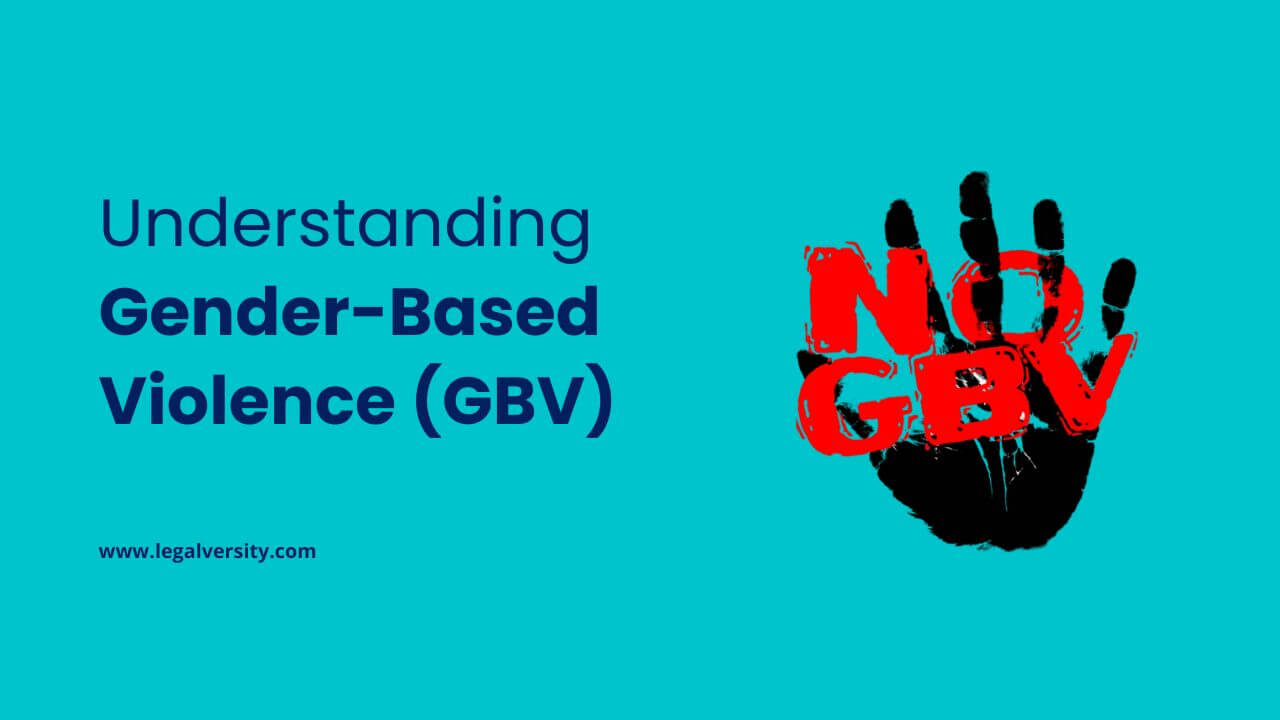The United Nations defines violence against women as “any act of gender-based violence that results in, or is likely to result in, physical, sexual or mental harm or suffering to women, including threats of such acts, coercion or arbitrary deprivation of liberty, whether occurring in public or in private life.”
In the CSS examination, the question about gender-based violence is a must given. Therefore you must prepare this question well. Here, I am going to discuss gender-based violence and violence against women in detail.
Gender-Based Violence (GBV) or Violence Against Women (VAW)
Gender-based violence (GBV) is the general term used to capture violence that occurs as a result of the normative role expectations associated with each gender. Along with the unequal power relationships between the two genders, within the context of a specific society.
This is not to say that gender-based violence against men does not exist. For instance, men can become targets of physical or verbal attacks for transgressing predominant concepts of masculinity. Men can also become victims of violence in the family by partners or children.
However, it has been widely acknowledged that the majority of persons affected by gender-based violence are women and girls, as a result of the unequal distribution of power in society between women and men.
Further, women and girls, victims of violence, suffer specific consequences as a result of gender discrimination. As summed up by UNFPA:
“The primary targets of GBV are women and adolescent girls, but not only are they at high risk of GBV, but they also suffer exacerbated consequences as compared with what men endure. As a result of gender discrimination and their lower socio-economic status, women have fewer options and fewer resources at their disposal to avoid or escape abusive situations and to seek justice.”
Definitions of GBV/VAW under International Human Right Law
International Human Rights Law has been silent on the issue of GBV/VAW. This is because until the late 1980s, VAW, in particular domestic violence, was not considered a matter to be dealt with by human rights law.
For instance, the UN Convention on the Elimination of All Forms of Discrimination against Women (CEDAW) adopted in 1979 the major UN women’s rights treaty does not contain a provision on violence against women.
This gap was closed in 1992, when the CEDAW Committee, the body responsible for monitoring the implementation of CEDAW, adopted General Recommendation No. 19 on VAW (GR 19).
Further, GBV is defined as including “acts that inflict physical, mental or sexual harm or suffering, threats of such acts, coercion and other deprivations of liberty.”
The UN Declaration on the Elimination of Violence against Women (DEVAW) adopted by the UN General Assembly in 1993 has been influenced by CEDAW.
The declaration encompasses all forms of gender-based violence against women (physical, sexual, and psychological), no matter in which context or setting they occur:
- In the family (such as battery, marital rape; sexual abuse of female children; dowry related to violence; female genital mutilation/cutting, and other traditional practices harmful to women):
- In the general community (such as rape, sexual harassment, and intimidation at work, in school, and elsewhere; trafficking in women; and forced prostitution), and
- Violence perpetrated or condoned by the state, wherever it occurs.
Further, DEVAW specifies that violence against women is a manifestation of unequal power relationships between men and women and a violation of women’s human rights.
Article 3 lists examples of these rights, such as the right to life, the right to equality, the right to the highest standard attainable of physical and mental health, or the right not to be subjected to torture, or other inhuman or degrading treatment or punishment.
Both, CEDAW and DEVAW explicitly encompass violence perpetrated by either, state officials or private persons such as family members, acquaintances, or employers.
Relevant to this Post

